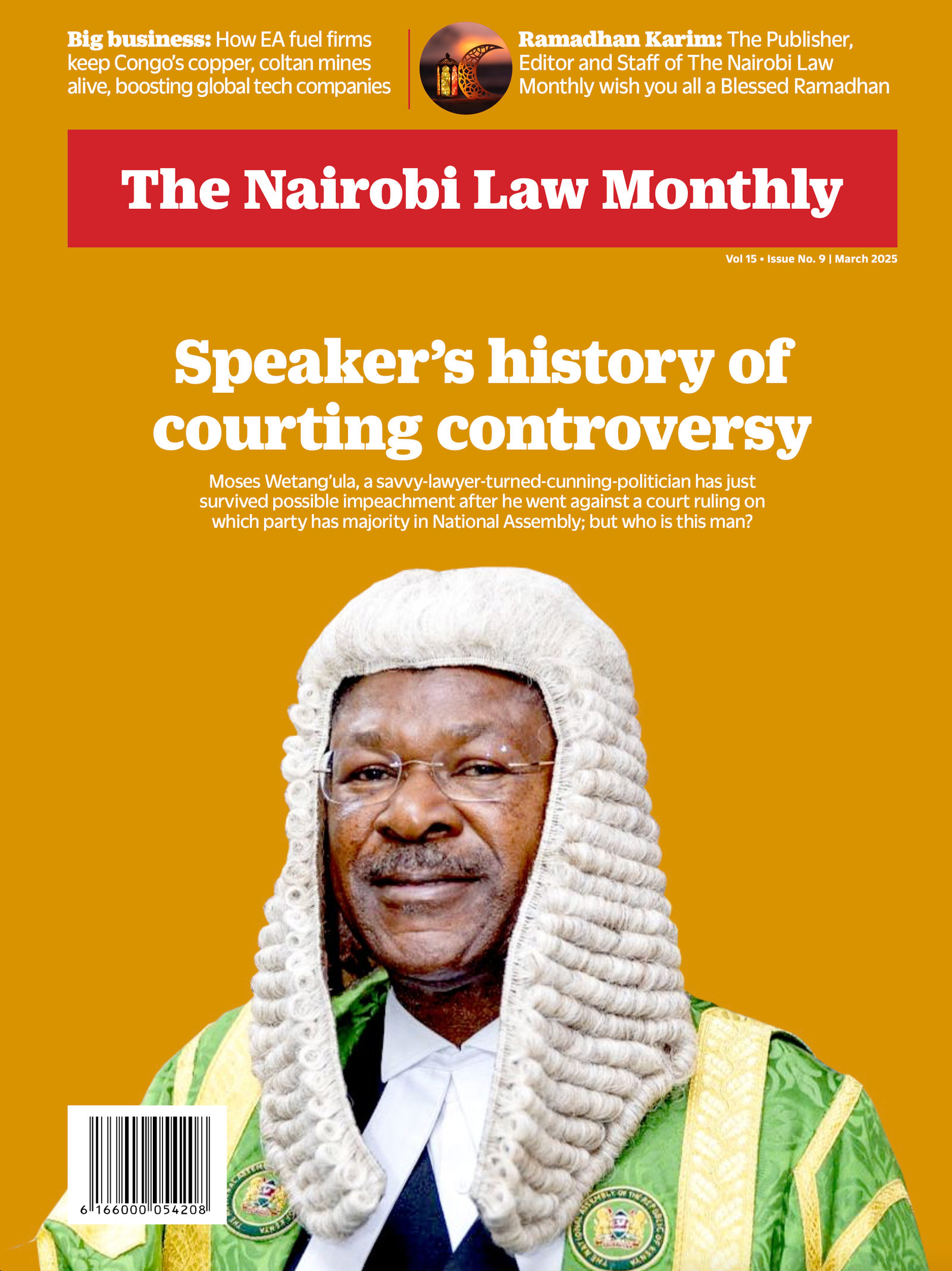A major factor hindering infrastructure implementation and delivery is the absence of good governance, according to 130 delegates from 27 countries who came together for the first Regional Roundtable on Infrastructure Governance in Cape Town in November 2017.
There’s no denying infrastructure is crucial to Africa’s growth prospects. Nor can one ignore the ever-growing need for infrastructure on the continent—in Sub-Saharan Africa, only 35% of the population has access to electricity, and 23% still lack access to safe water and sanitation. Despite an estimated shortfall of nearly $100 billion (Sh10.2 trillion) in infrastructure investment in Africa, lack of financing is not the biggest problem.
The landmark Roundtable brought together representatives from African governments, the global private sector, multilateral and international organisations, civil society organisations and other development partners, for a discussion on the challenges and practical solutions to the governance impeding successful infrastructure delivery in Africa.
So, why is infrastructure so hard to get right?
Pipelines, strategic plans, transparency and trust are vital, and the private sector is increasingly interested in infrastructure assets in Africa, but only when it can see a government’s strategic vision and how projects fit with that vision. This is a position supported by both World Bank Group Global Themes Vice President Hartwig Schafer, and Meridiam Founding Partner and CEO Thierry Deau.
But, according to Thomas Barrett, chair of the OECD Infrastructure Forum, “infrastructure procurement and delivery is as much a matter of managing expectations as it is of managing processes.”
While identifying a long list of projects is relatively easy, prioritising them is not. It requires governments to negotiate the inevitable trade-offs of limited fiscal space, competing interests from stakeholder groups and the pressure of immediate needs versus long-term prospects.
The purpose of this Roundtable series was to not just talk about the problems, but also to share practical tools and frameworks that can help drive change, whether that be in project prioritisation, or through standardising contractual PPP provisions and PPP risk allocation arrangements.
But beyond prioritisation and planning, improving infrastructure governance requires a political will to address the cancer that is corruption and broken models to move a country towards a system that attracts investment on a sustainable basis. It goes beyond the financial costs and benefits of projects—or the economic impacts—to consider the human impacts, both positive and negative. Ultimately, infrastructure cannot and will not succeed if it is done to people, rather than with them.
Executive Director of Oxfam South Africa, Sipho Mthathi, challenged the government representatives at the event to approach infrastructure as a partnership with their communities. She said this is the only way to build trust, and ultimately improve a project’s chance of success. But it relies on government processes being transparent, data and information being made available throughout the project lifecycle, and prioritizing the needs and rights of the most vulnerable members of society.
“There is no doubt that good infrastructure governance is a challenge, with no single ‘silver bullet’ solution. Developed and developing countries alike struggle at a system and project level, but through fora like this Roundtable series, the partners are confident that we are building a community of practitioners equipped with tools and knowledge that can be implemented and drive change,” she said.
This event is just the first of two in Sub-Saharan Africa, with the next taking place in Abidjan, Côte d’Ivoire on June 6–7 this year. As part of a broader series, the next Roundtable will take place in Singapore on April 6, followed by one in Latin America in mid-to-late 2018. ^ (World Bank)


